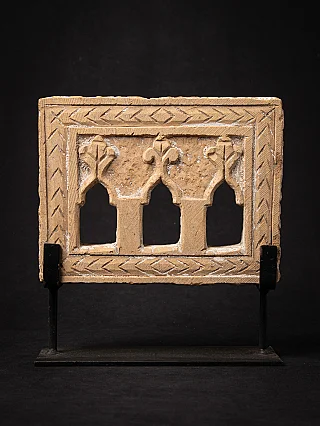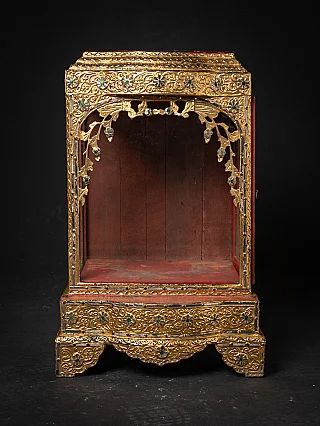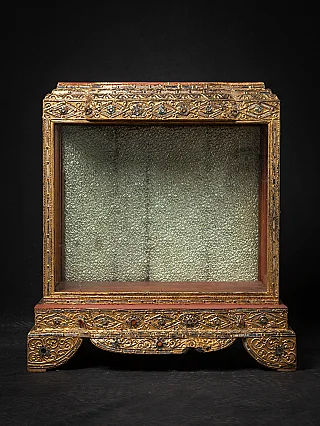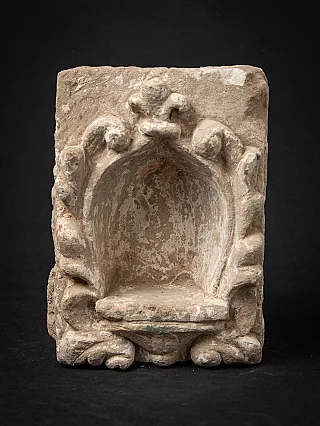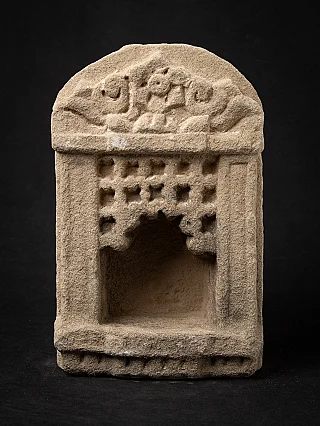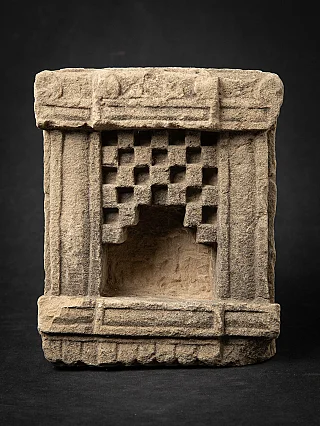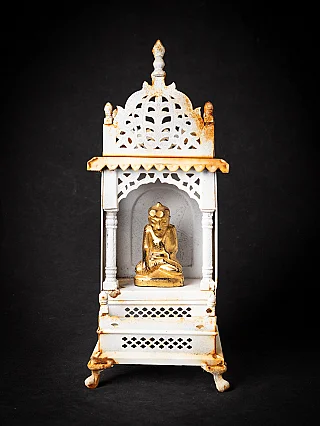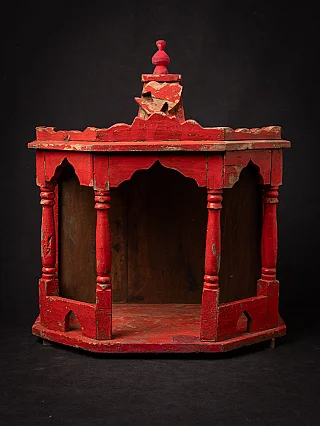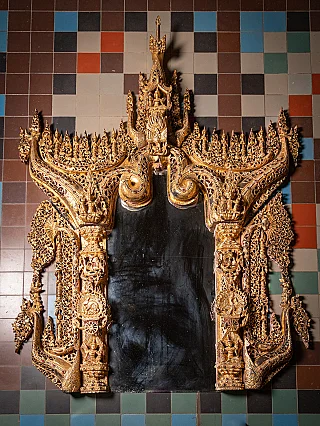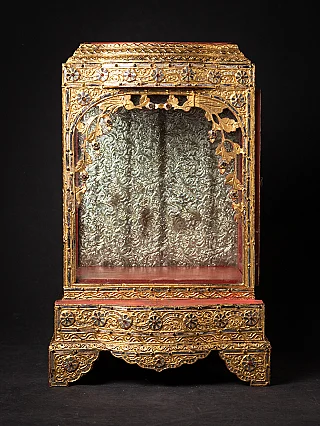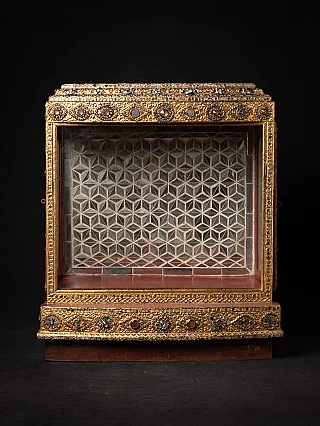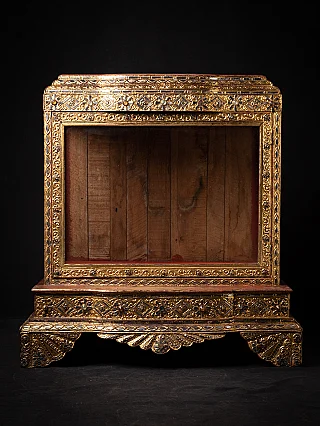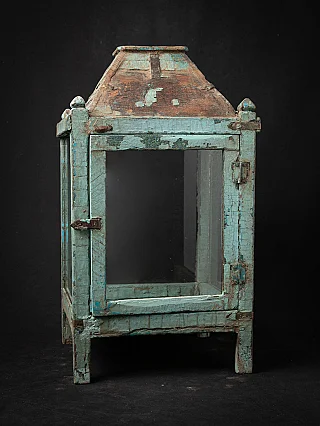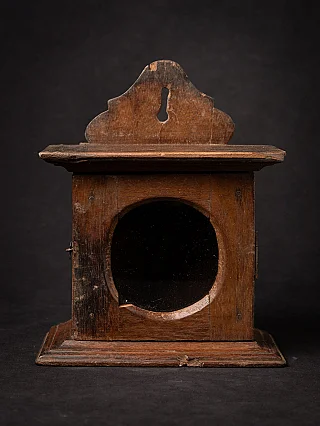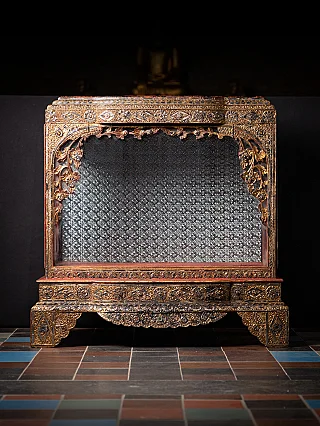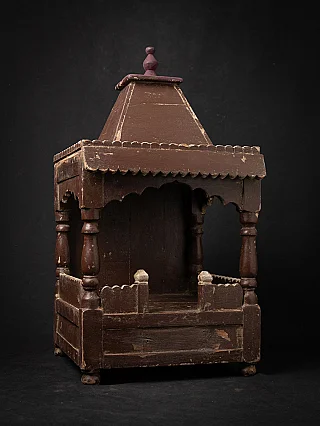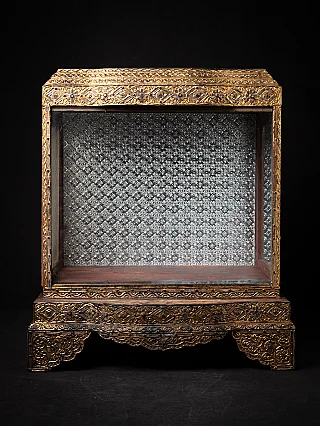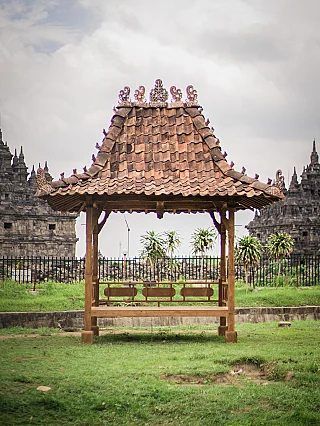Buddhist architecture in Burma

The Buddhist building structures of Burma is highly influenced by the various architectural styles of neighboring nations. Since the Buddhism was spread from India to almost all the South Asian countries, the Buddhist architectures are heavily influenced by Indian architectures. The structures were later localized and they got their own style of buildings. The major Buddhist building structures that are found in the country include pagodas, stupas, and temples. This traditional architecture of the country is primarily used for worship, pilgrimages, storing sacred Buddhist relics, etc.
Historical development of Buddhist architecture in Burma
Indian influences can be seen in the Buddhist architecture constructed during the Pyu and Mon period. These two were influential groups who migrated to Burma. They were also first Indo-Chinese to practice Theravada Buddhism. The Buddhist architecture, stupa, is generally built in cylindrical form with the four Torana with Hti (umbrella) on the top.
In the Bagan period, the Buddhist architecture got its new localized forms. The earlier Pyu - style Buddhist architecture was transformed into monuments. New Stupas and pagodas constructed with red brick were a center for Buddhist architecture. The Ananda temple was the first temple constructed in Bagan. This temple represents the Theravada branch of Buddhism. The unique features of this temple include brick vaulted halls, statues of Burmese Buddhas, tapered roofs, and the absences of traditional terraces. Along with Ananda temple, other notable Buddhist temples and pagodas were also constructed in the Bagan period. Some of them are Bupaya Pagoda, Mahabodhi temple, Shwezigon Pagoda, Sulamani temple, etc.
Unique architectural features of Buddhist architecture in Burma
Stucco and wood carving
The Buddhist architecture with stucco was first used in the Bagan period. Likewise the wood carving is also famous in Burma. We are able to see various beautiful wood carving not only in Buddhist architectures but also in various other architectures. This traditional art is still preserved through passing down the skills to the newer generations.
Gold Cladding
It is the unique feature of traditional Burmese architecture. Usually, the structures are covered with gold sheets or gilded gold in the exteriors. The notable temple and pagodas which uses gold cladding are Bupaya Pagoda, Shwedagon Pagoda, and Lawkananda Pagoda. Apart from the pasting gold sheets in the exterior of the pagoda, Burmese people also paste the sheets to the Buddha statues.
Notable Burmese architectures
Shwedagon Pagoda
The pagoda in Yangon is the focal point of Buddhism in Myanmar. This 99.4 m high stupa is covered in gold leaf and plate and is accompanied by several smaller shrines which are topped with a gem-encrusted seinbu and seven-tiered hti that represents Burmese spirituality. This stupa is believed to house strands of Buddha's hair and there is a tradition to repair the gold every four to five years.
Mahamuni Buddha Temple
Early in the history, the temple can be reached through a brick paved road from the Royal Palace of King Bodawpaya. But now it has only remained of some of the brick. The central shrine where the Mahamuni Buddha statue is placed in a small chamber in the temple complex. The chamber has a roof covering made up of seven pyatthat. The ceiling has an ornate mosaic covering. The temple complex is supported by 252 gilded and carved columns which are painted beautifully. Adjacent to the temple complex we can see many monasteries which follow Buddhism and teaching of Buddha.
Mandalay Palace
This architecture is the best example of wooden architecture. This palace emphasis on exterior aesthetics rather than interior space. Even though the palace was constructed in the late 19th century, some of the features like gates, central palace structure dates back to the early Pyu period. This palace's unique features include wood carvings, stucco, and tiered roofs - pyatthat.
Share this page

















